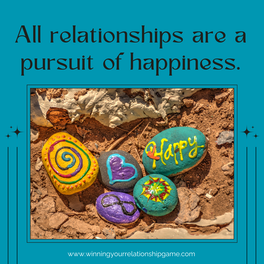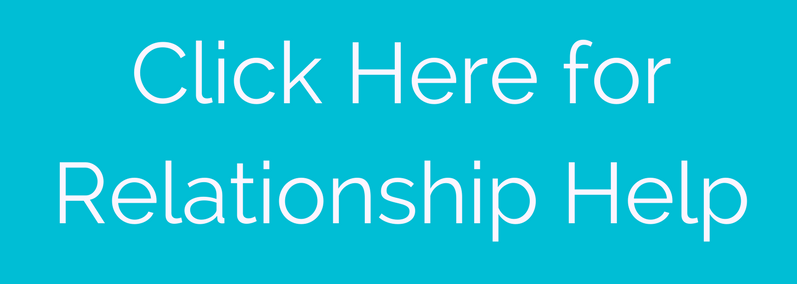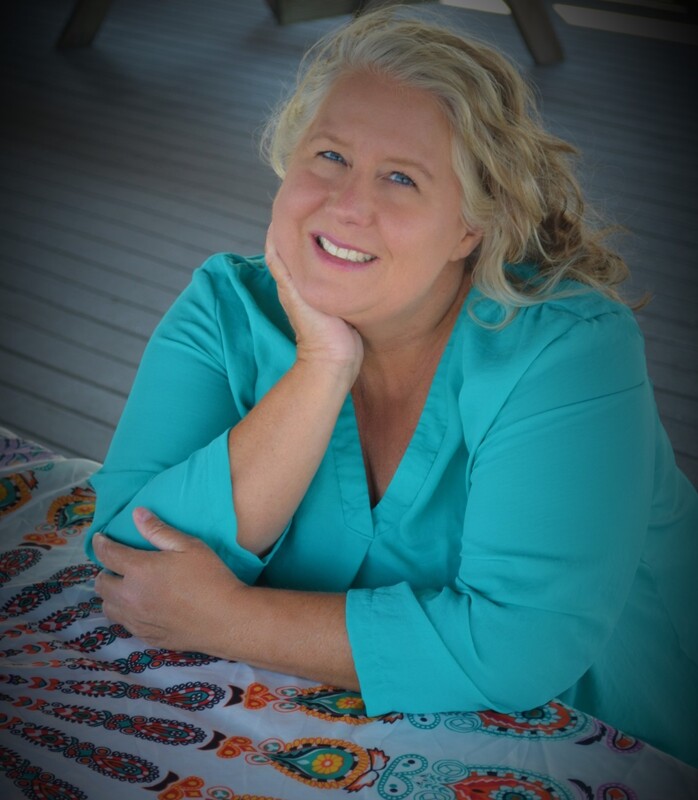 If you’re lucky enough to count your partner as your best friend, you’re in luck. Friendship can help you weather the hard times that every relationship has. Many couples who value their friendship seem to have an easier time handling their struggles. Often, these partners say their love, sexual pleasure, and commitment to each other have grown over time. So why does being friends as well as lovers make a relationship so much better? Relationships work best when both people back and affirm each other, like friends do! Ask yourself, Do you treat your partner as a friend? What are the rules of behavior you practice with your friends? Are they the same as the rules for your partner? When a friend lets you down, how do you handle it? Is it the same when your partner lets you down? Often, we can see our friends as individuals with free will to make their own choices, no matter what we think. It’s often trickier with our partners. We often want our partner to think as we think and decide as we decide, often spending more time in judgment with our partner than we would with a friend. It could be a useful exercise to draft up some rules of friendship. If your partner is willing, they can too! I started a list below. Feel free to swipe, change, or add! *We help each other reach our goals. *We are compassionately honest with each other. *We honor each other’s limitations and don’t push each other to overextend. *We look out for each other’s well being. *We talk to each other frequently and intimately. *We don’t make demands of each other. *When we have conflict, we make it a priority to understand and not be hurtful. What other rules of friendship would you add to this list? I’d love to hear your thoughts. In friendship, Allison
Comments
 You have a relationship with everyone you know: your partner, children, parents, siblings, co-workers, and friends. Even people you don’t like are in a relationship with you! Every relationship fills a need for you: financial, social, emotional, etc. If needs are not met, a relationship fails. Our modern connectedness empowers us to rapidly shift between relationships. For instance, I can speak to my boss and, in the next minute, speak to my partner. Both of these relationships serve different needs for me and for the others involved. Juggling our attitudes and manners of relating in such quick shifts is a challenge. If I interact with my boss and my husband in the same way, I’m not honoring the unspoken contracts about how we show up for each other. Maybe some people exist without attachments, but I don’t know any of them! According to research, the caliber of our relationships has a significant impact on the quality of our lives. As much as we might dispute the following statement, examination will likely show you it’s true. All relationships are pursuits of happiness. Think about it. We make friends, move in together, have children, etc., ultimately because we think it will make us happier. Many times, happiness doesn’t seem to be the outcome. If you find yourself in this situation, it may seem logical to change your relationships. This may be the time you cut off family members or separate from your partner. (And sometimes this is the best course of action.) But it’s our expectations of another person providing that happiness that create most of our discontent. Instead of looking at ourselves as the fountain of happiness, we pin that responsibility on others. This approach stunts our own self-growth. Imago Therapy looks at relationships as a unique vehicle for healing and growth. All healing occurs within the context of relationships, yet when we become uncomfortable, we’re all too used to blaming our partner instead of examining ourselves. When we start throwing blame around, it often turns into a contest. This type of contest squeezes the love out of the relationship. Ultimately, conflict in relationships is a golden opportunity to self-examine the things that trouble us deeply, annoy us, and set us off. Strong reactions are seldom about what our partner is doing but more about something within us that needs to be examined and healed. The job of a relationship is to help you grow. Don’t shortchange yourself or your partner by holding back on your own growth. Looking inward, Allison |
Helping You
|



 RSS Feed
RSS Feed

